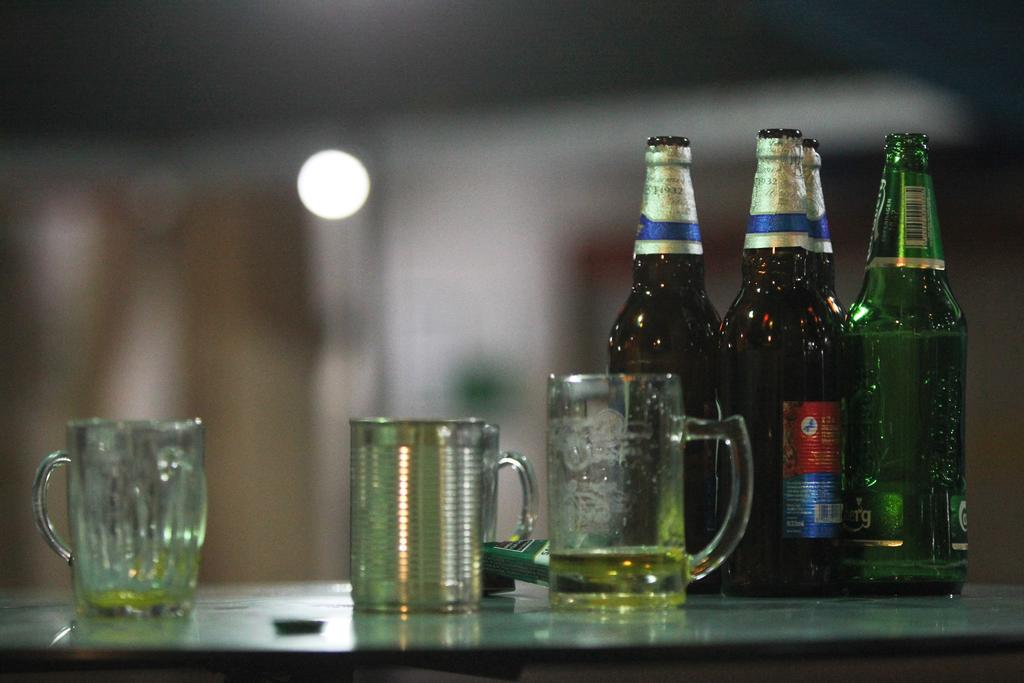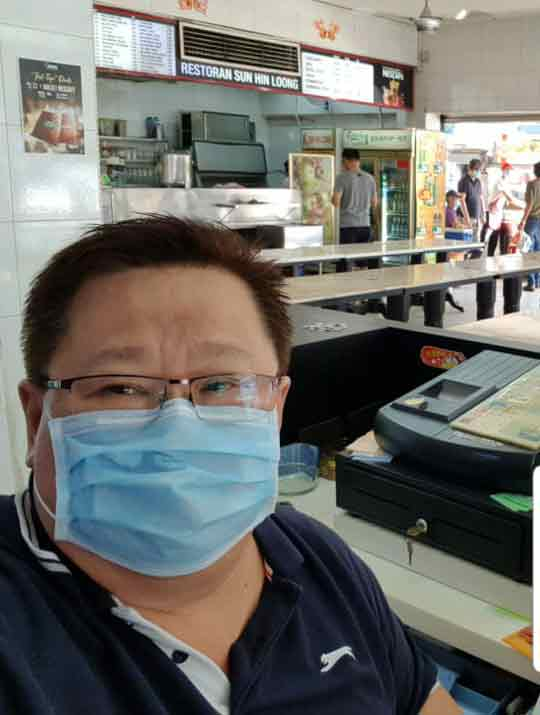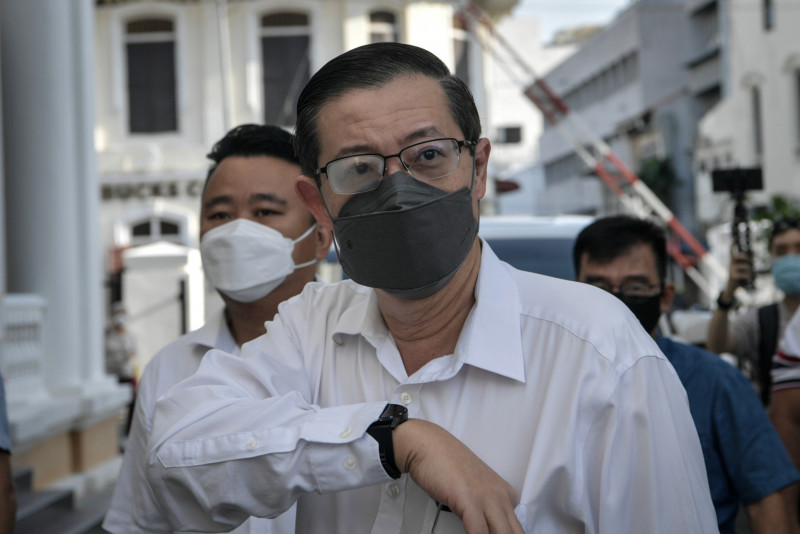All Kopitiams Will Need A Licence To Sell Beer Beginning 1 January
DAP secretary-general Lim Guan Eng claimed that the new enforcement is a sign of the federal government adopting "PAS extremist policies", which infringe the rights of non-Muslim Malaysians.
All coffee shops — fondly known as kopitiams — in Malaysia are barred from selling beer without liquor licences beginning next year
According to two circulars issued in June and August, the Customs Department informed all its division heads, state-level directors, and various local authorities — including Kuala Lumpur City Hall (DBKL) — that all restaurants and coffee shops will need liquor licences before they can sell beer at their premises.
The Vibes sighted the documents and reported that the Customs Department revoked its directive dated 24 August 1993, which postponed the enforcement of licensing on liquor sales besides beer and stout in coffee shops and restaurants.
"Therefore, the retail sale of liquor, whether in restaurants or coffee shops, including Malaysia-themed coffee shops, needs to be licensed," read the circular issued in June.
The circular also addressed the confusion that its enforcement officers face when it comes to the sale of alcoholic beverages in coffee shops and restaurants, as there are conflicting laws on the matter
Hence, the department reached out to the Ministry of Finance (MOF) and its internal legal adviser for clarification before deciding to revoke the instruction issued 28 years ago.
The Vibes reported that the second circular mentioned that the requirement of the liquor licence falls under the Excise Act 1976 and Excise Regulations 1977.
It was issued to city and town councils in the Klang Valley, among others, in August.
The news about the requirement of the liquor licence was first reported by China Press before receiving the attention of DAP secretary-general Lim Guan Eng
In the exclusive China Press report published yesterday, 5 December, Petaling Jaya Coffeeshop Association president Keu Kok Meng confirmed that the new enforcement will come into effect 1 January 2022.
Keu said the enforcement came as a surprise when he was notified about the matter during a meeting with the authorities three weeks ago.
According to him, restaurants and coffee shops will need to pay between RM840 and RM1,320 annually, depending on operation hours, for the licence.
He added that the government officers did not announce the detail of the enforcement as well as the further regulations and rules.
Keu said he and other members of the industry raised objections during the meeting, but they were told that the meeting was a brief meeting and not for discussion.
They were told to write to MOF for any complaints, which they did following the meeting.
Keu told China Press that he hopes to meet Finance Minister Tengku Datuk Seri Zafrul Tengku Abdul Aziz to discuss the matter.
He stressed that it is inappropriate for the federal government to make such enforcement at this juncture because the food and beverage industry has just entered the stage of recovery after struggling to survive during the pandemic.
Commenting on the enforcement, Lim criticised the move and accused the federal government of adopting "PAS extremist policies", which infringe the rights of non-Muslim Malaysians
The former finance minister said in a statement yesterday that the enforcement will affect more than 10,000 business establishments nationwide and that some of them may be compelled to stop selling alcohol because of the high licence fee.
"This is not just about imposing additional financing burden by paying extra licensing costs by coffee shops and restaurants of more than RM1,000 under present difficult economic circumstances caused by the economic recession and COVID-19 pandemic," Lim explained.
"This is about deliberately imposing unnecessary restrictions and interfering in the customary lifestyle and business practices on non-Muslims that have been undisturbed since Merdeka to fulfil the political extremism of PAS."
He demanded non-Muslim Ministers in Cabinet, especially those from Sabah and Sarawak, to explain why they allowed the government to infringe the lifestyle of non-Muslim Malaysians.
Lim had earlier made the same remark following DBKL's unjust alcohol ban on sundry shops and Chinese medicine halls.
He urges state governments, especially those under Pakatan Harapan's control, not to enforce the new rule.
Lim also said DAP will instruct its lawyers to conduct an examination on the regulations and challenge the enforcement in court.



